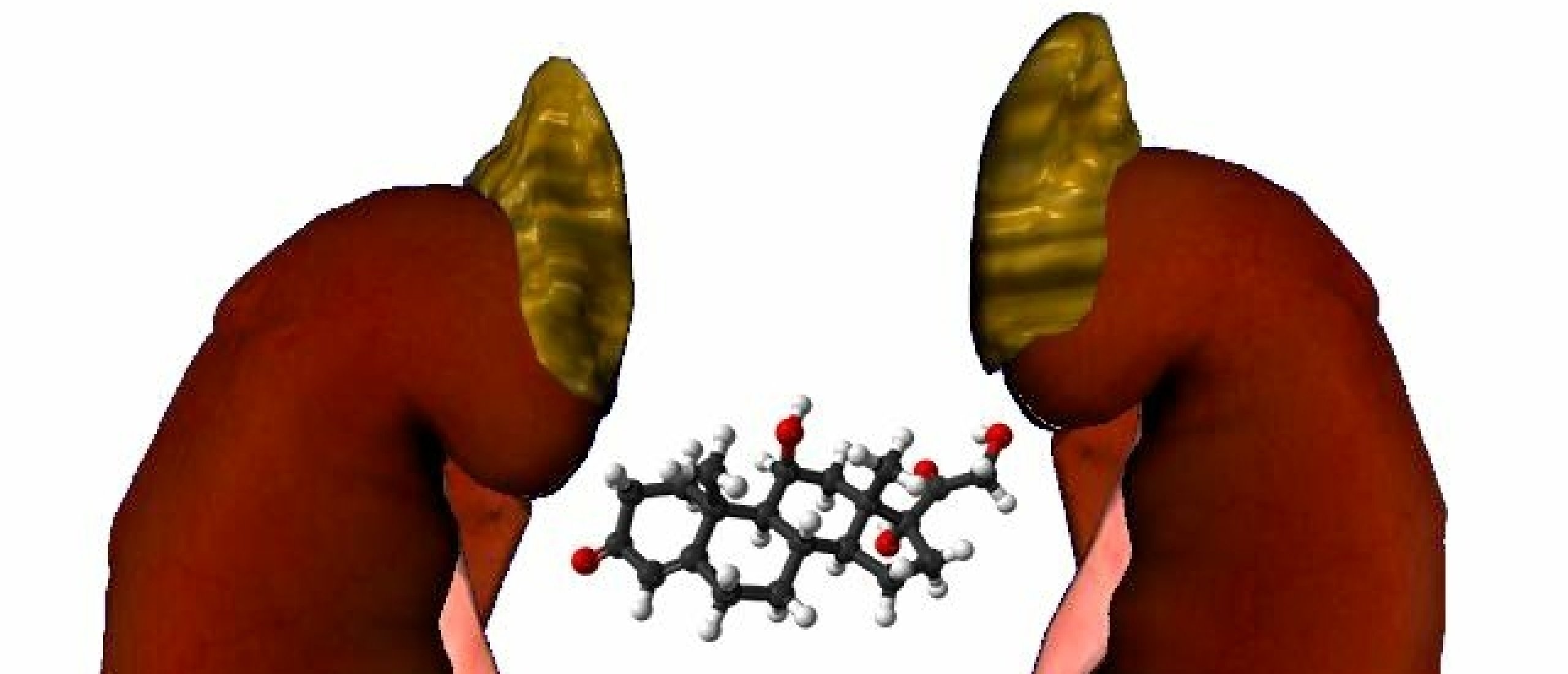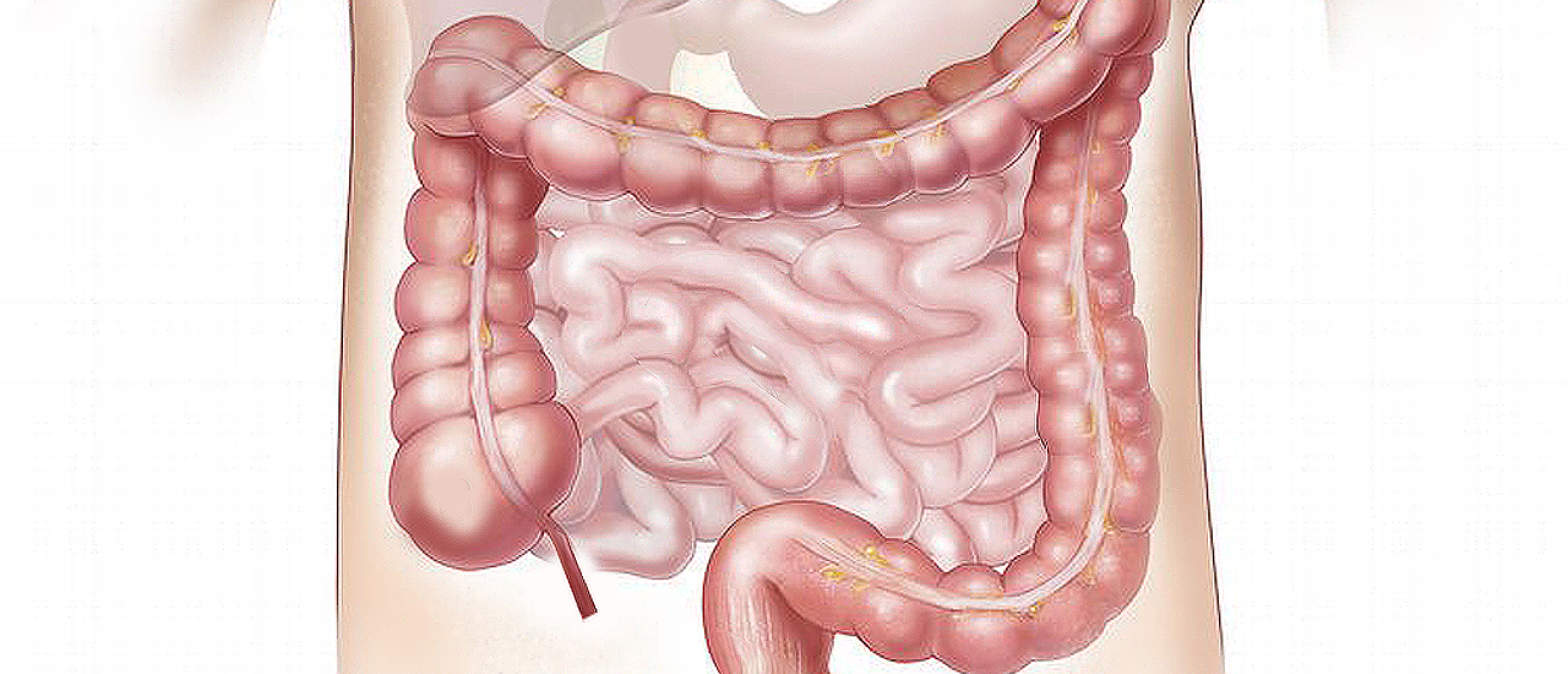
It may seem that stress is a condition that stands on its own. But it has become clear that this is often not the case. Scientists have found that stress can importantly contribute to mental health problems such as depression. With time and effort, stress-induced depression can reverse.
Chronic stress causes depression through constant stimulation of stress-sensitive brain regions
So how does stress lead to depression? It seems that the constant, stress-induced stimulation of certain brain regions (hippocampus, prefrontal cortex, amygdala) is a major contributor to anxiety. With time, these brain regions become unresponsive to further stimuli, also the pleasant ones. This would explain why stress, anxiety and depression often occur together.
Stress is in essence a good thing. It helps to navigate through dangerous times. It elicits the fight-or-flight response to actively deal with a threat or freezing behavior which is the inability to move when you are truly afraid. This is a passive way of dealing with danger, waiting for the threat to go away by itself. Both active and passive coping can be useful, depending on the threatening situation.
The stress responses in the body and brain enable you to deal with a threat. As we have explained before, they start in the hypothalamus of the brain and the brainstem. They put you in a state of alertness, increase heart rate, breathing frequency and prepare the muscles for immediate action.
One of the stress responses is the sequential activation of the hypothalamus, the pituitary gland, and the adrenal glands. This is known as the HPA-axis. The adrenals secrete the stress hormone cortisol into the blood. Cortisol is a potent chemical that is responsible for many of the effects stress has on the body. It influences the heart, muscles, glucose release by the liver and the immune system. This is all related to the fight-or-flight reaction.
Normally, the stress responses and the high cortisol levels in the blood disappear when the threat is no longer there. This is because cortisol signals back to the hypothalamus, telling it that it is time to stop the HPA axis. However, in many people, the ability of the HPA axis to recognize this cortisol feedback signal to stop does not work properly. The HPA axis can switch the stress reactions and cortisol production on, but is apparently not able to tell when it is time to stop.
This problem of not being able to find the off switch may be the basis of mental health problems, especially depression. Depression is a common mental health disorder, affecting as much as 16% of the global population. In about 70% of people suffering from chronic depression, cortisol levels in the blood are significantly elevated.
The constant hyperactivity of the HPA axis likely underlies many of the physical symptoms of depression. These include weight gain, hypertension, suppression of the immune system and cardiovascular problems. The highly active HPA axis and other stress hormones also have effects in the brain. They enhance our memory by stimulating the hippocampus and the prefrontal cortex. This helps to remember what happened during the stressful event, so that you know what to do next time this stressful event comes up.
All seems well then, but there is the catch. Brain cells can only handle a certain amount of signaling. If they are being excited for too long, they get damaged and may even die. When brain cells are exhausted and damaged, they will no longer function properly. For one thing, they will lose plasticity and become inflexible, unable to store new information and modulate their activity accordingly. Therefore, the affected parts of the brain implicated in depression will no longer respond to stimuli. This leads to the cardinal symptoms of depression: reduced motivation, hopelessness, diminished ability to experience pleasurable activities such as food, sex and social interactions, lack of energy, irritability, difficulty concentrating, impaired sleep quality, loss of appetite, reduced cognitive abilities, and tendency to suicide.
There are quite a few chemicals in the brain that play a role in the onset of depression. We don’t want to bother you with all of those, but three are worth mentioning: dopamine, serotonin and BDNF.
The pleasure brain hormone dopamine
Stress seems to have a profound effect on dopamine. Dopamine is a brain chemical that resembles adrenaline and noradrenaline. One of the things it does in the brain is to stimulate the feelings of joy, pleasure and reward. The dopamine signaling system in the brain, for example, is hacked by substance abuse. This gives the rewarding feeling after consumption.
Stress alters the way that the neurons that produce dopamine function. They change their activity, so that less dopamine is released in the reward center of the brain (the nucleus accumbens). This is why chronically stressed and depressed people enjoy their lives much less than people who are not.
Serotonin signaling: target for antidepressants
Another signaling chemical in the brain is serotonin. Serotonin concentration in people with depression is thought to be abnormally low. Clinicians have therefore developed medication that elevates serotonin levels to reduce symptoms of depression. This medication is known as SSRI (short for selective serotonin reuptake inhibitors), and is now the most common prescribed class of drugs to treat depression. Whereas SSRI seem to have beneficial effects, they also produce problematic side effects, such as weight gain, loss of libido and others. This is because serotonin controls many processes in the brain, and consequently also in the body. Scientists are therefore still in the process of developing better alternatives.
BDNF: a protection against depression?
Finally, we will look at Brain-Derived Neurotrophic Factor, or BDNF for short. BDNF is quite a special brain chemical. It can stimulate the birth of new neurons in the hippocampus, an important memory center of the brain. The birth of new neurons in the brains of adults is a rare phenomenon, especially in humans, but extremely important for memory and mood in laboratory animals. Thus, if BDNF levels are low, fewer new neurons are born, and this affects mood. However, even a complete absence of BDNF is not sufficient to induce depression in laboratory animals. Insufficient BDNF itself is therefore not a trigger of depression, even if its levels are lower during chronic stress.
On the flip side, high levels of BDNF may offer protection against depression through inducing changes in the brain that are not related to the birth of new neurons. The synthesis of BDNF is stimulated by physical exercise. This may be one of the reasons why regular exercise is an outstanding stress management technique to reduce stress. We have even heard of someone who had her depression disappear when she got herself a dog and started to walk it three times per day!
Overcoming depression
As brain cells in depression are inflexible and unresponsive to external stimuli, both nasty and pleasurable, it is difficult to get them back to their normal way of functioning and to overcome depression. However, with time (many months to a few years), exercises and professional help it can be done.
If you have depression, you should definitely look for professional help from a psychiatrist. A psychiatrist can prescribe antidepressants such as SSRIs to help reduce depression symptoms and provide personalized psychotherapy. Together with the psychiatrist, you may find the causes of your stress and depression.
There are also things that you can do yourself. Typical stress management techniques such as breathing exercises and physical exercise can certainly help, especially physical activity as it promotes the synthesis of BDNF. You can also look for social support. Talk about your problems with others you can trust: friends and family members. When you are suffering from depression, you may not feel like engaging in social interactions with others. But when you do, you will find out that social support reduces your stress, and may therefore diminish symptoms of depression.
There are also things you shouldn’t be doing when being depressed. Drinking alcohol is on the top of this list. Drinking alcohol may make you feel better for a short period of time. Alcohol makes depression only worse over the longer term. Drinking coffee should also be limited. The caffeine in the coffee stimulates the very same brain regions as stress. You will thus overstimulate the neurons that are already being bombarded and are not functioning properly as a result. These neurons should calm down rather than speed up.
As we mentioned, depression is a complex mental disorder that takes time and effort to fix. Don’t therefore expect major improvements in a short period of time. Rather, expect small steps. Taking small steps makes you see small results over and over again, and with time this accumulates in sufficient progress that your dopamine system will enjoy. And this reduces depression even further.










